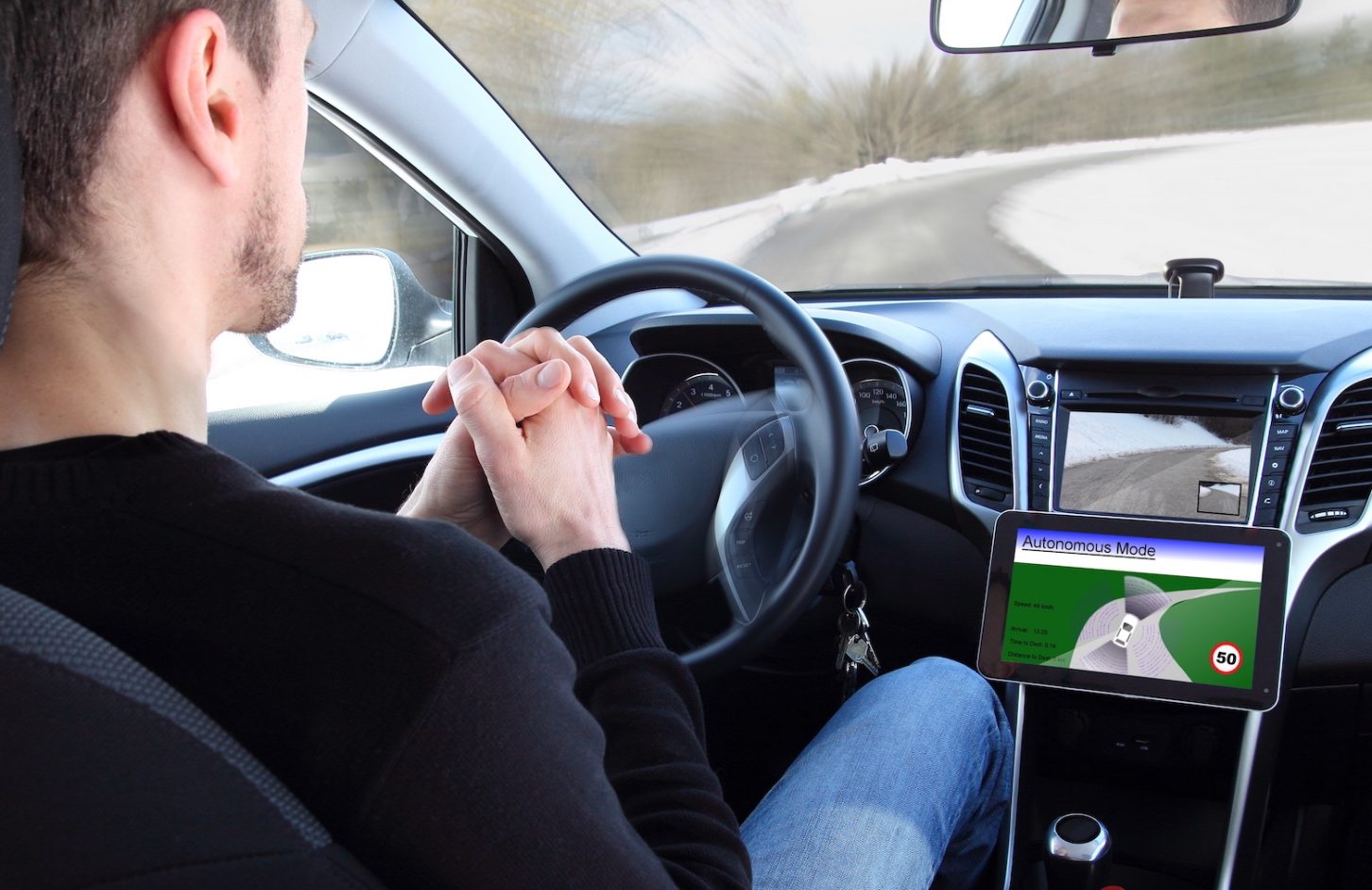The wider adoption of self-driving vehicles in the UK without new legislation could lead to “mass casualties”, according to MPs.
In a recent report from the Transport Committee, MPs said that while self-driving cars are an exciting opportunity and have become a “great British success story in the making”, they pose a serious risk without proper safety legislation in place.
The MPs on the committee determined there was a “delicate balance to be struck” between encouraging innovative developments in the technology whilst keeping the wider public on board.
The Transport Committee said that while it is “widely assumed” that self-driving vehicles are safer than human drivers, “this is not a given”. It added that “optimistic predictions” are often based on the idea of widespread usage that is “decades away”.
While it acknowledged the benefit of reducing human error, it said that other self-driving vehicle risks can be overlooked.
One such risk is the cybersecurity of autonomous vehicles, the report found, with their connectivity potentially making them vulnerable to attacks and outages.
The committee concluded that the government’s existing approach has been “too weak” and “too vague” and that strong legislation bringing in a legal framework was a must before any further actions were taken to adopt self-driving vehicles.
“Self-driving vehicles are a great British success story in the making, and we have a competitive advantage over many other countries,” said Iain Stewart, chair of the Transport Committee.
“But all that hard work could be at risk if the government doesn’t follow through and bring forward a Transport Bill in the next parliamentary session before the next general election.”
While still a relatively young technology, the UK autonomous vehicle sector has already spawned a handful of successful firms, most notably Wayve, which raised $200m (£160m) in a funding round last year that included Microsoft and Virgin.

